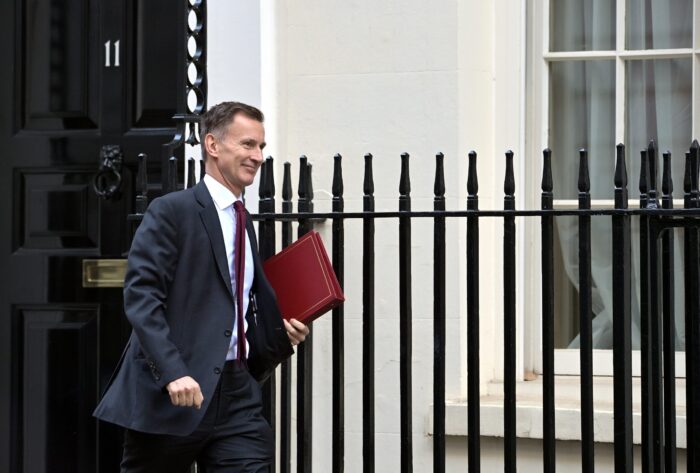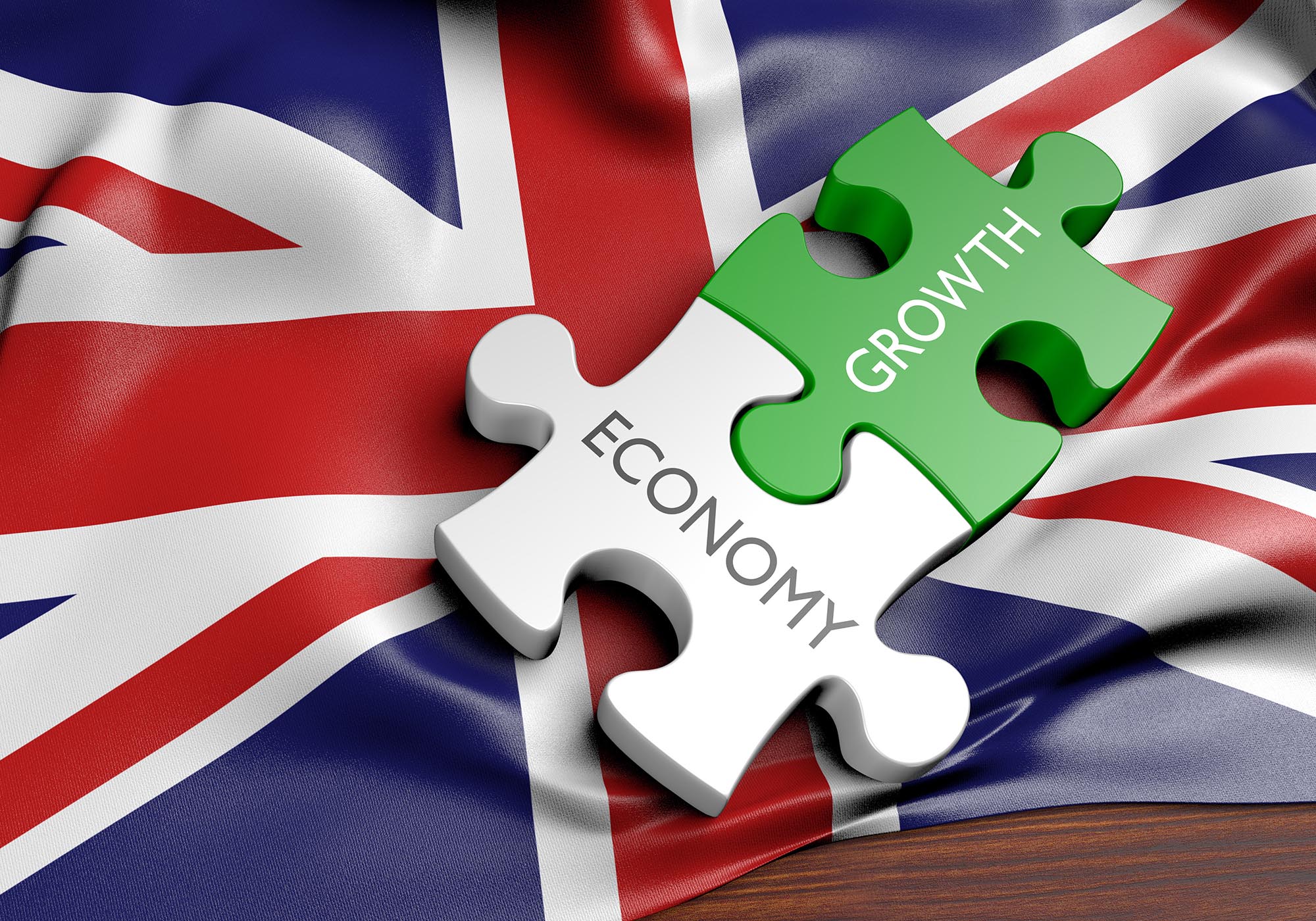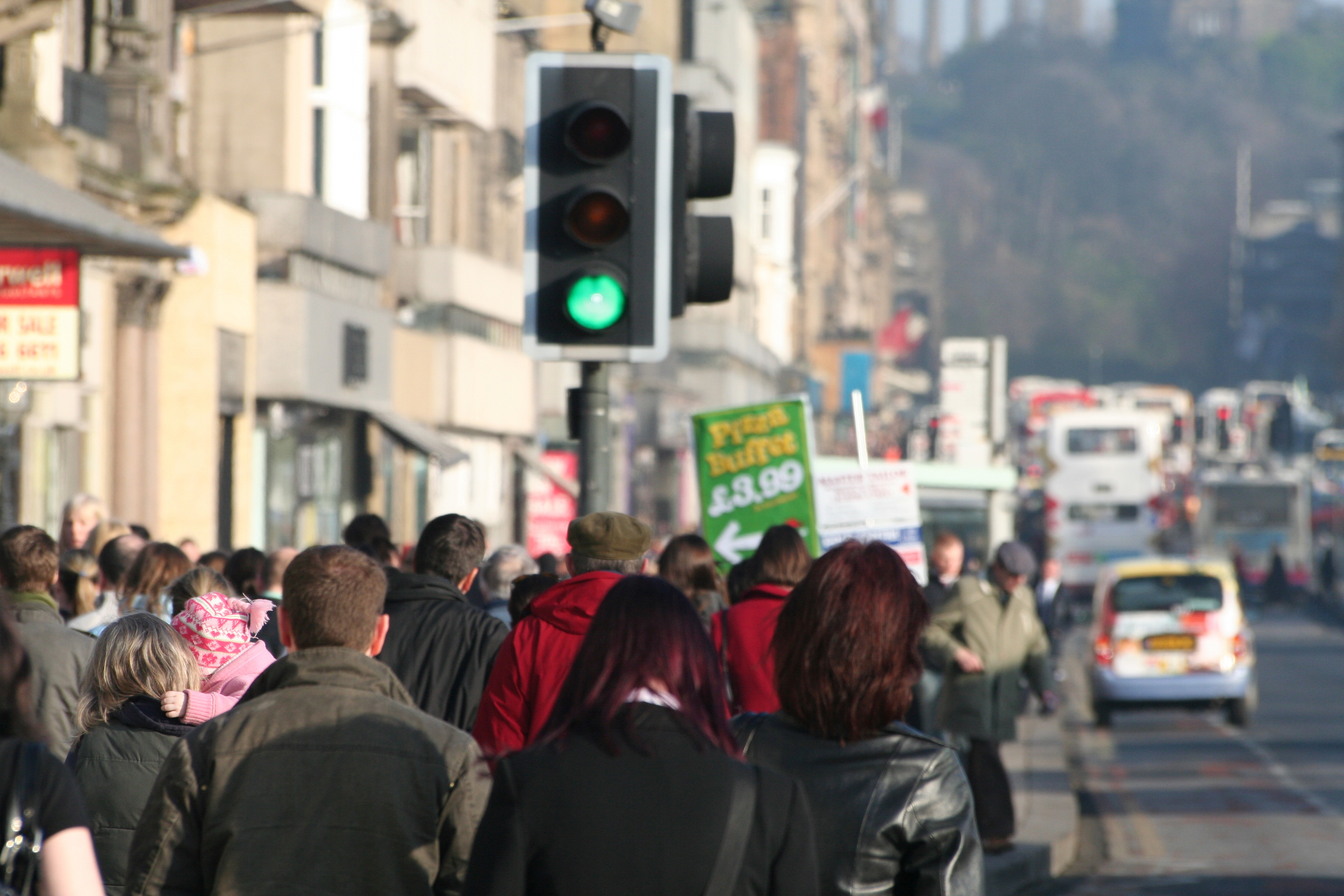In the much-anticipated Spring Budget, Jeremy Hunt delivered a number of key measures and initiatives impacting the pounds in your pocket. Here are 10 key takeaways.
In a packed House of Commons, Chancellor Jeremy Hunt delivered his Budget 2024 speech, one of the last major fiscal outlines before an expected general election.
While some of the measures were ‘leaked’ ahead of today, others were buried in the Budget small print. Elsewhere, some hoped-for policies were omitted altogether.
Here are 10 key takeaways:
1) National Insurance
As expected, the Chancellor announced the main rate of employee National Insurance (NI) will slide from 10% to 8% from 6 April. This reduction, followed by the 2p cut in the Autumn Statement, means the average worker on a salary of £35,400 will save £900 per year.
NI rates will go down for self-employed workers too – following the 1p cut in the Autumn Statement last year. From 6 April, the main rate of Class 4 National Insurance Contributions (NICs) will go down to 6%, after standing at 9% the year before.
2) High Income Child Benefit Charge
In a major shake-up to rid the system of “unfairness”, Hunt confirmed the High Income Child Benefit Charge (HICBC) will be based on household rather than individual incomes by April 2026. The £50,000 threshold allowance will also rise to £60,000 this April.
3) Fuel duty and alcohol duty freeze
Fuel and alcohol duty will be frozen at the current rate (52.95p) for another 12 months. The 5p fuel duty cut introduced in March 2022 will continue, saving drivers £50 next year, and £250 in total. As well as the freeze, the planned inflation increase for the next tax year will also be scrapped.
Hunt also said he would freeze alcohol duty, which, along with the fuel announcement, will help lower inflation by 0.2 percentage points, he claimed.
In last year’s Autumn Statement , he said he had “listened to defenders of the great British pint” and froze alcohol duty until 1 August 2024. That duty freeze will be extended to 1 February 2025, and the decision aims to “support the hospitality sector and help consumers with the cost of living.”
4) UK ISA and British Savings Bond
A British ISA to encourage more people to invest in UK assets is set to be introduced, along with a British Savings Bond from National Savings and Investments (NS&I) to get people to save for the long-term.
The ISA will give savers an additional £5,000 allowance on top of the £20,000 ISA allowance. Meanwhile the bond will be for a three-year term on sums of £500 to £1m. The rate will be introduced in due course, but will need to balance the interests of savers, taxpayers and the broader financial services sector.
5) Furnished holiday lettings tax regime scrapped
As trailed earlier this week, the furnished holiday lettings tax regime will also be scrapped from April, which is forecast to raise £245m per year.
During the Spring Budget announcement, Hunt said he had been “looking closely” at this and was concerned it was “creating a distortion, meaning there are not enough properties available for long-term rental by local people.”
He said this change would make the “tax system work better for local communities”.
6) VAT registration threshold
The Government said it is committed to supporting small businesses and, today, Hunt confirmed the VAT registration threshold will increase from £85,000 to £90,000 from 1 April 2024 to cut SME taxes and “help them grow”.
Supporting Budget documents suggested over 28,000 businesses will benefit in 2024/25 from no longer being VAT registered.
7) Debt Relief Order
In a bid to support households struggling with problem debts, the Government said it is making it easier to access a Debt Relief Order (DRO). DROs are a personal insolvency debt solution for individuals who can’t pay their debts. The £90 administration fee for a DRO is to be removed from 6 April 2024.
8) Pension triple lock
The Government confirmed it is committed to supporting pensioner incomes by maintaining the triple lock. In 2024/25, the full yearly amount of the basic state pension will be £3,700 higher, in cash terms, than in 2010. It said that’s £990 more than if it had been uprated by prices, and £1,000 more than if it had been uprated by earnings (since 2010).
9) Pension pot for life
The Government said it will continue to explore how savers could be allowed to take their pension pots with them when they change job, an idea originally floated in the Autumn Statement.
10) Government’s NatWest shareholding
As part of the Government’s plan to return NatWest to private ownership by 2025/26, it confirmed it has generated over £5.2bn of proceeds since launch, and reduced its shareholding to below 33% on 23 February 2024. In total, the Government has raised over £14.5bn of proceeds from sales of the NatWest shareholding to date.
But, it intends to deliver a sale of part of its NatWest shareholding to retail investors this summer at the earliest “subject to supportive market conditions and achieving value for money for the taxpayer”.





